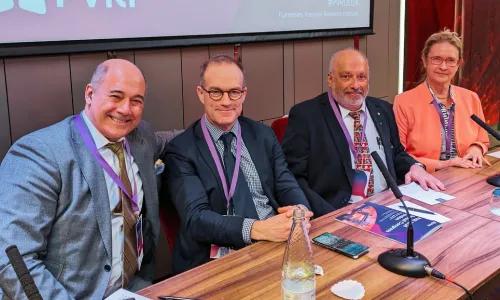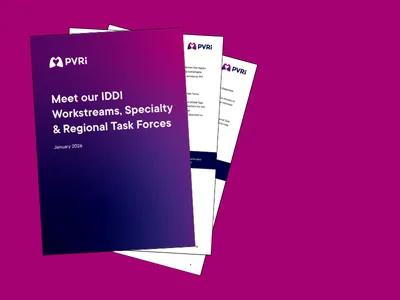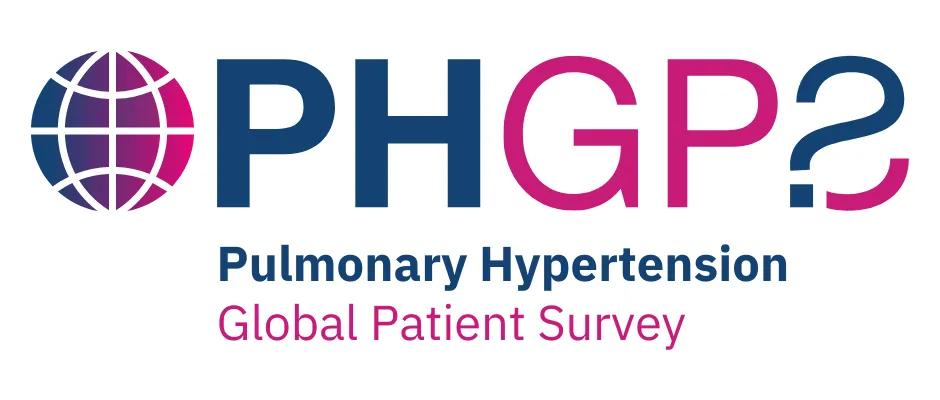
Breadcrumb
- Home
- IDDI Workstreams & Task Forces
- PAH-ICON: International Consortium For Genetic Stu...
PAH-ICON: International Consortium for Genetic Studies in PAH

The International Consortium for the Genetics of Pulmonary Arterial Hypertension (PAH-ICON) consists of a network of centres bringing together research expertise and/or patient populations for collaborative genomic studies of PH. There are contributing centres in the UK, USA, Italy, Austria, Germany, Canada, Belgium, France, the Netherlands and Spain. The goals of PAH-ICON are to:
- work towards a molecular classification of PAH
- provide a platform for whole genome/exome sequencing and analysis at centres with the capability/facilities/resources to undertake this
- share genetic data and analysis approaches
- publish definitive high-impact publications of these studies as a Consortium
- share best practices in ethics and feedback on pertinent genetic findings to patients and relatives
Their activities are organised into a number of working groups:
- Scleroderma genetics
- Clinical phenotypes
- ClinGen PH Gene and Variant Curation Expert Panel
- TBX4Life, EIF2AK4 mutation carriers
- Healthy mutation carriers
- Twin Studies
- Vasoresponders
- Multi-omics and artificial intelligence (merged from RNA-seq, Epigenetics, Metabolomics and Proteomics)
- Mitochondrial genetics
- Pharmacogenomics (to be established)
The Task Force meets monthly by Zoom, alternating between scientific presentations and business meetings. They have active working groups focusing on topics such as clinical phenotyping, scleroderma-associated PAH, variant curation and TBX4 syndrome. If you’re interested in joining this Task Force, please get in touch.
Satellite Meeting at PVRI 2026 Dublin
PAH-ICON are holding a satellite meeting at the PVRI 2026 Dublin Congress, on Sunday 1 February.
This meeting is free and open to all congress delegates to attend (even if you are not a member of the group). Details can be found on the Congress webpage.
Publications and achievements:
- Welch, C. L., Aldred, M. A., Balachandar, S., Dooijes, D., Eichstaedt, C. A., et al. (2023). 'Defining the clinical validity of genes reported to cause pulmonary arterial hypertension'. Genetics in Medicine, 25(11), 100925.
- Eichstaedt, C. A., Belge, C., Chung, W. K., Gräf, S., Grünig, E., et al. (2023). 'Genetic counselling and testing in pulmonary arterial hypertension: a consensus Statement on behalf of the International Consortium for Genetic Studies in PAH'. European Respiratory Journal, 61(2), 2201471.
- TBX4 life, Eric Austin, Matina Prapa
- ClinGen, a National Institutes of Health (NIH) funded resource dedicated to building a central resource that defines the clinical relevance of genes and variants for use in precision medicine and research.
Leaders
IDDI Workstreams and Task Forces

Want to be part of something special?
All PVRI members are welcome to join an IDDI Workstream or a Task Force.

2025–26 IDDI Workstream & Task Forces Report
PVRI’s latest report highlights how global IDDI Workstreams and Task Forces are accelerating progress in pulmonary hypertension research, care, and innovation. Discover key achievements from across regions and specialties.

Interested in accessing global data on PH patient experience?
Almost 4,000 patients and carers across 85 countries completed Phase 1 of our PH Global Patient Survey (PHGPS). Questions across all PH groups included diagnostic tests & timelines, genetic testing, treatments, financial burdens, hospital visits, research participation, quality of life, telemedicine, patient-reported outcome measures, and self-monitoring with digital technology. The findings have the potential to improve patient care, guide future research and help us address unmet needs.
Our Regional Task Forces don't yet have global coverage. If you're interested in starting one, please contact us.